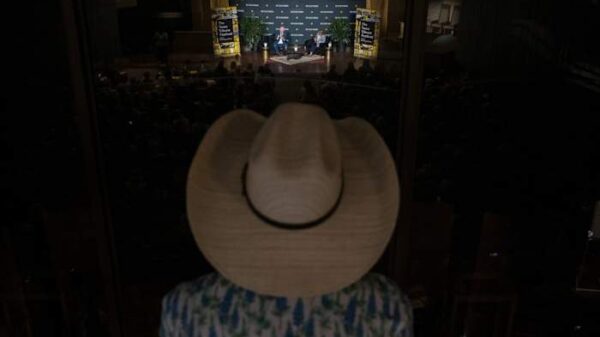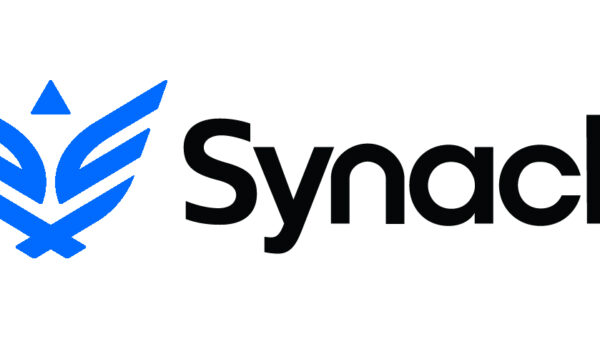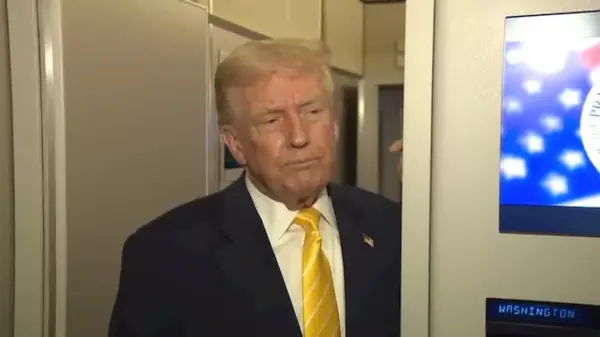URGENT UPDATE: A bipartisan group of U.S. senators is swiftly challenging the Commodity Futures Trading Commission (CFTC) over its recent approval of prediction markets that promote sports betting. Senators Catherine Cortez Masto (D-NV) and John Curtis (R-UT) are rallying support for a draft letter aimed at Caroline Pham, the acting CFTC Chair, expressing serious concerns about the agency’s regulatory approach.
The senators are alarmed that the CFTC has permitted companies to market sports betting under the guise of regulated “event contracts.” They argue this undermines federal laws prohibiting gaming contracts, as outlined by Congress. The letter highlights that firms are promoting their services as enabling betting across all 50 states, a move the lawmakers claim violates both the letter and spirit of existing legislation.
As this situation unfolds, the senators emphasize that the CFTC’s leniency could jeopardize the authority of states and tribal governments to regulate gambling, an issue underscored by the Supreme Court in its rulings. They warn that the agency’s inaction could transform gambling policy into a federal matter, overshadowing local laws and regulations that have been carefully established.
The growing scrutiny of prediction markets comes amid a surge in interest in platforms like Kalshi, which have self-certified their event contracts with the CFTC prior to major sporting events such as the Super Bowl. Critics argue these contracts mimic traditional sports bets but lack essential safeguards mandated for state-licensed operators, including age verification and responsible gambling measures.
Industry representatives and tribal regulators have voiced their fears that increased federal oversight could undermine local governance and erode established regulatory frameworks. The senators’ draft letter echoes these sentiments, stressing that the CFTC must not sidestep congressional bans simply by rebranding wagers as event contracts.
Currently, the CFTC’s regulations do not specifically address sports events, which allows operators to self-designate their products as event contracts. This has sparked ongoing debates about whether these offerings should be classified as permissible financial instruments or illegal gambling activities.
As senators gather signatures for the letter, the pressure mounts on the CFTC to clarify its position and reconsider its current policies regarding prediction markets. If this letter is finalized and submitted, it could significantly impact how prediction markets operate nationwide and reinforce the importance of state-level regulation in the gambling landscape.
Stay tuned for more updates as this story develops, and watch for the senators’ next moves in pushing for accountability from the CFTC. The implications of this situation could reshape the future of sports betting in the United States.




































































